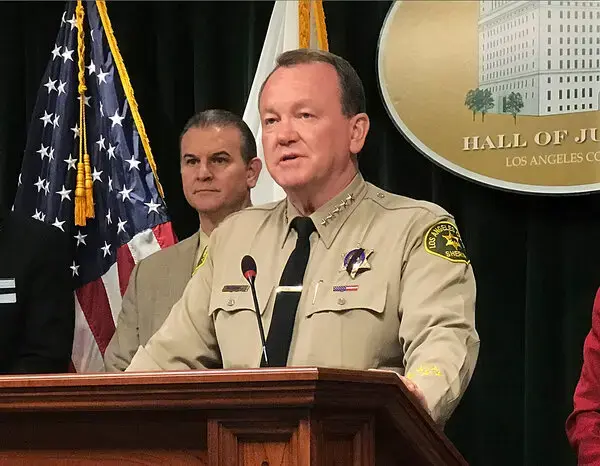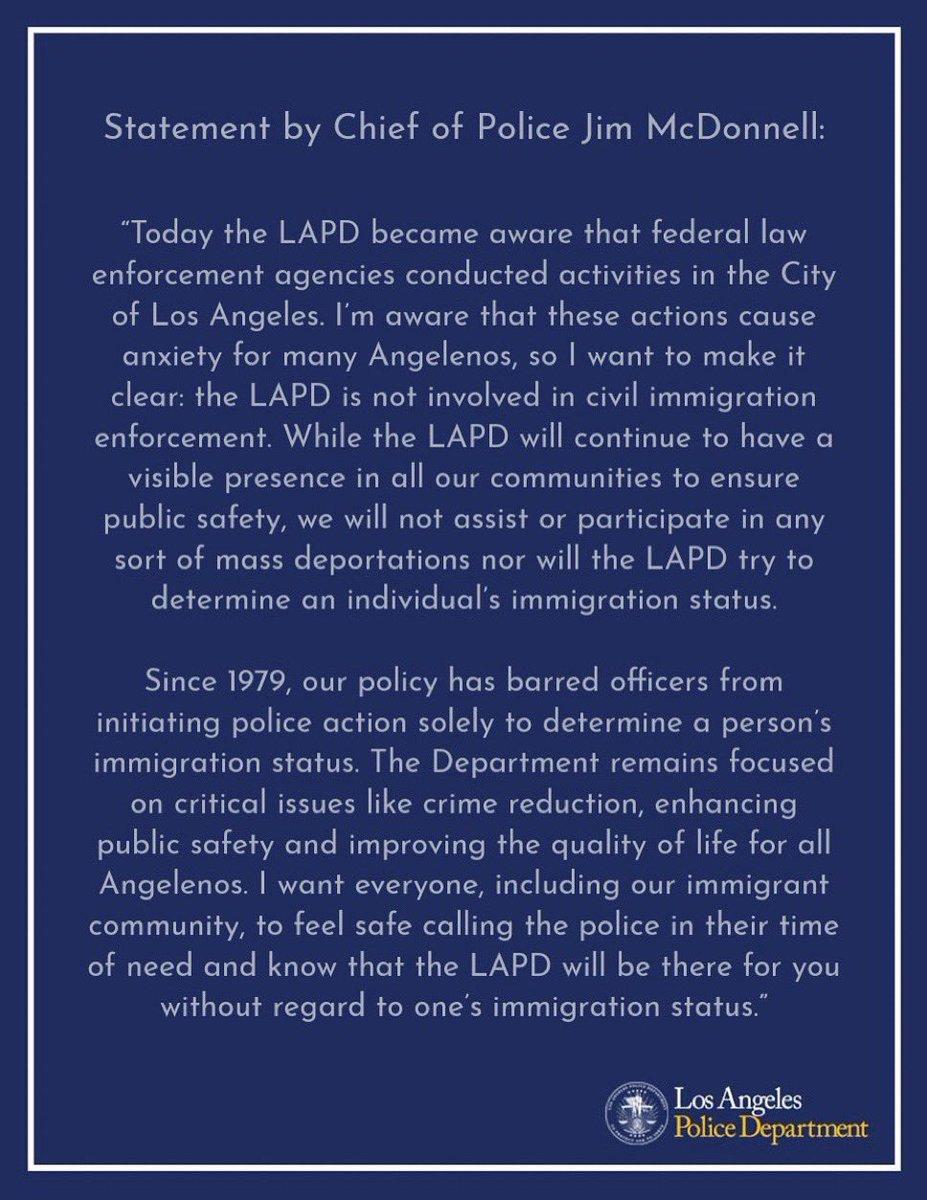On June 6, 2025, Los Angeles Police Chief Jim McDonnell issued a firm statement following a series of Immigration and Customs Enforcement (ICE) raids across the city, declaring that the Los Angeles Police Department (LAPD) would not cooperate or assist in federal immigration enforcement efforts. The raids, described as “military-style” by critics, targeted three locations in Los Angeles, resulting in the arrest of at least 44 individuals on immigration-related charges, according to a statement from Homeland Security Investigations. The operations sparked immediate backlash from local leaders, community activists, and protesters, who condemned the aggressive tactics employed by federal agents, including the use of flash-bang grenades and less-than-lethal ammunition to disperse crowds.

McDonnell’s statement emphasized the LAPD’s long-standing policy, rooted in Special Order No. 40 from 1979, which prohibits officers from initiating actions solely to determine an individual’s immigration status. “I’m aware that these actions cause anxiety for many Angelenos, so I want to make it clear: the LAPD is not involved in civil immigration enforcement,” McDonnell said. He further clarified that the department would not assist in mass deportations or attempt to ascertain anyone’s immigration status, prioritizing public safety and community trust. This stance aligns with California law, which bars state and local resources from being used for federal immigration enforcement, reinforcing Los Angeles’ identity as a sanctuary city.
The raids, conducted by ICE alongside other federal agencies like the FBI and DEA, ignited protests across the city, with clashes reported between demonstrators and federal agents in areas like the Garment District and Paramount. Videos circulating on social media showed federal agents in riot gear detaining workers, while crowds gathered to protest, some blocking entrances to federal buildings. The intensity of the response prompted Los Angeles Mayor Karen Bass to denounce the raids, stating, “These tactics sow terror in our communities and disrupt basic principles of safety in our city.” Sheriff Robert Luna also distanced his department from the operations, emphasizing a focus on state and local law enforcement priorities.
McDonnell’s position has drawn both praise and criticism. Community advocates, including members of the Stop LAPD Spying Coalition, argue that the LAPD’s data-sharing practices with federal agencies through fusion centers could still undermine sanctuary city protections. Meanwhile, Trump administration officials, including White House Deputy Chief of Staff Stephen Miller, criticized McDonnell, accusing him of siding with “invaders over citizens.” ICE Acting Director Todd Lyons also rebuked local leaders, asserting that federal immigration laws would be enforced regardless of local resistance.
As tensions escalate, with the Trump administration vowing to deploy the National Guard to assist with further operations, McDonnell’s commitment to non-cooperation underscores a broader resistance to federal immigration policies in Los Angeles. His leadership will be tested as the city navigates upcoming challenges, including the 2026 World Cup and 2028 Olympics, where public safety and community trust remain paramount. For now, McDonnell’s message is clear: the LAPD will prioritize serving all Angelenos, regardless of immigration status, in a city built on diversity.






